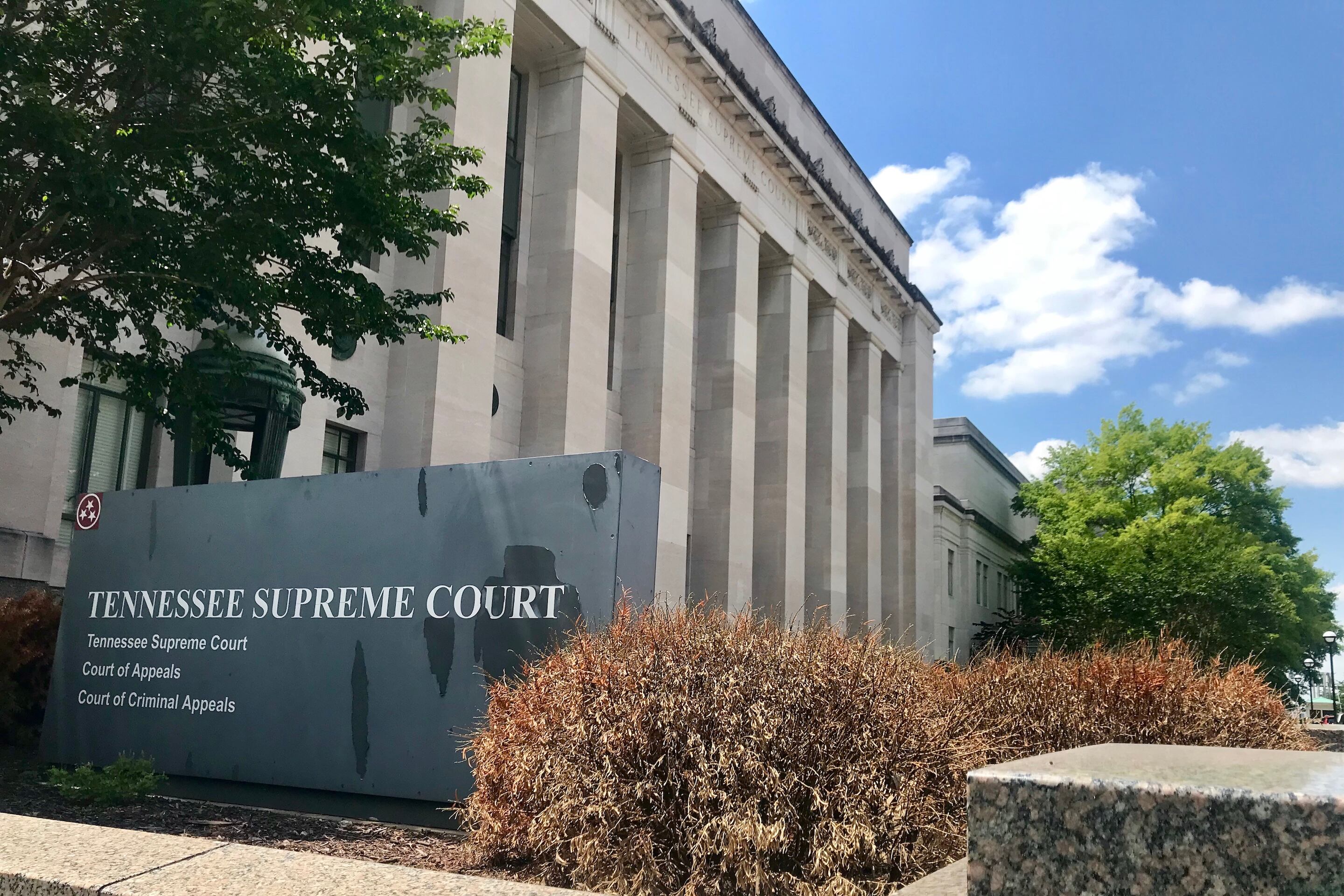The Tennessee Supreme Court agreed Thursday to consider the state’s request to restore a school voucher law that was overturned last spring by a lower court.
The high court issued a one-page order to begin taking up the appeal and offered no comment on its decision.
The order keeps alive Tennessee’s quest to create an education savings account program that would provide taxpayer money to eligible families in Memphis and Nashville to pay toward private school tuition.
Since a Nashville judge declared the 2019 voucher law unconstitutional last May, the state has lost a series of court rulings that blocked the program from starting while the case was appealed. In September, a three-judge panel of the Tennessee Court of Appeals unanimously upheld Chancellor Anne C. Martin’s ruling.
A spokeswoman for Gov. Bill Lee, who championed the law, praised the high court Thursday for reconsidering those decisions, as did several pro-voucher groups that have joined the state’s appeal.
“The Tennessee Supreme Court’s willingness to hear the case is an encouraging development. We remain committed to parent choice and providing high-quality education options for Tennessee families,” said Laine Arnold, communications director for the governor.
“Not only is the ESA program constitutional, but it is also necessary for families who need a choice,” said Braden Boucek, vice president of legal affairs for the Beacon Center, one of several advocacy organizations that are part of the appeal.
The merits of school choice haven’t been at the heart of this case.
Metropolitan Nashville and Shelby County challenged the law because it applies only to their communities without giving their local governments or voters a say. Their governing bodies were on record opposing the governor’s proposal when it passed the legislature with the support of GOP lawmakers who had received assurances that their school districts would not be affected.
Nashville Law Director Bob Cooper, who argued the case on behalf of the two local governments, said the basis for their case hasn’t changed.
“The trial court and a unanimous court of appeals panel held that the ESA Act imposes an unconstitutional burden on local sovereignty. We look forward to presenting those same issues to the Supreme Court,” Cooper said.
In its order, the Supreme Court also said it would consider a brief filed in December by a dozen current and former Republican legislators who sponsored or co-sponsored the voucher legislation. They asked the five-judge panel for clarity around interpreting and applying the state Constitution’s so-called “home rule” provision, which was the basis for the legal challenge.






